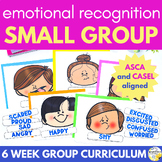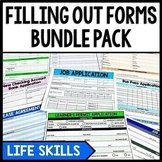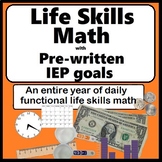Poetry lectures for Microsoft Word and for special education
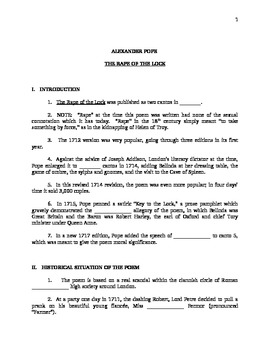
Alexander Pope's "The Rape of the Lock"; A NEED-TO-KNOW Handout

Poetry Study: Scansion Practice
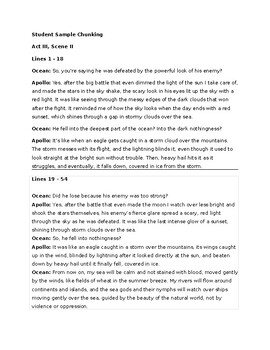
"Prometheus Unbound" Chunking Guide + Discussion Starters w/ Teacher Notes
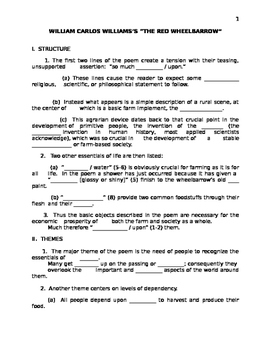
William Carlos Williams’s “The Red Wheelbarrow” Handout
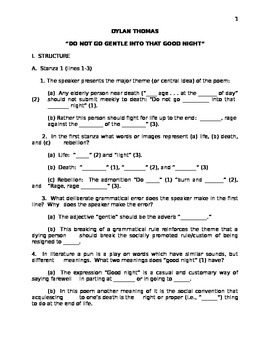
Dylan Thomas’s “Do Not Go Gentle": A DARE-TO-EXCEL CLOSE READING
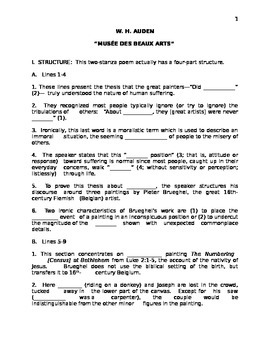
W. H. Auden’s “Musée Des Beaux Arts” Handout
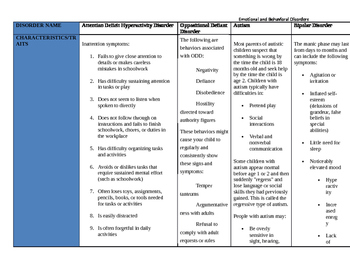
Emotional and Behavioral Disorders Handbook
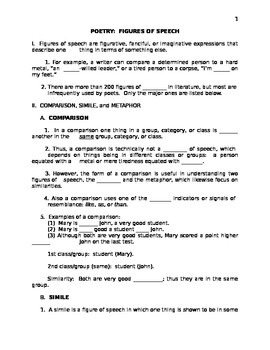
Poetry: Figures of Speech Handout
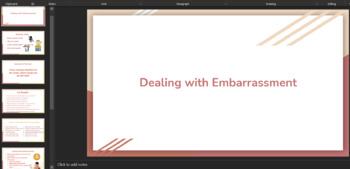
Social Skills Bundle
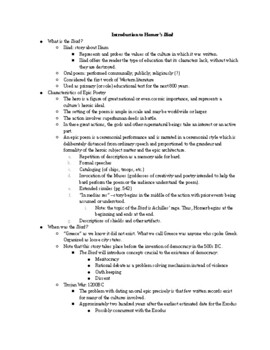
Iliad Introduction: Teacher Notes
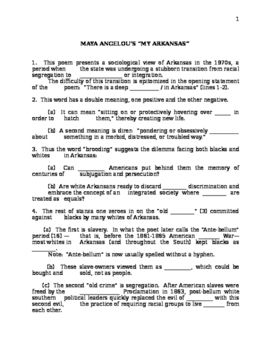
Maya Angelou’s “My Arkansas” Handout
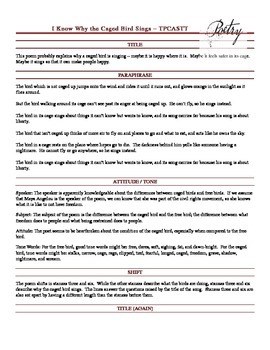
TPCASTT Poetry Analysis: Maya Angelou "I Know Why the Caged Bird Sings"
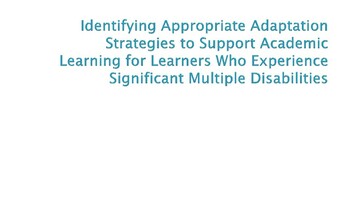
Choosing Accommodations & Modifications to Support Learners with Disabilities PD
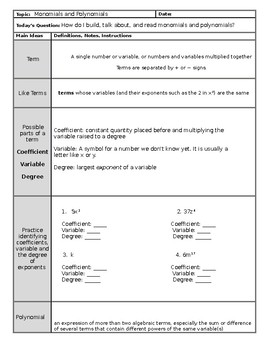
Introduction to Monomials and Polynomials in Cornell Style Notes
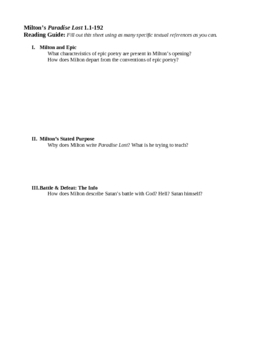
John Milton's Paradise Lost Reading Guide for lines 1.1-191
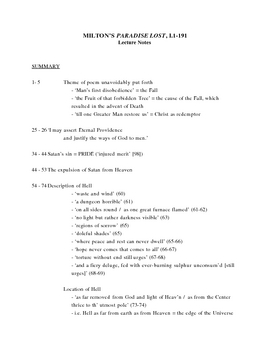
John Milton's Paradise Lost Notes for Book 1.1-191
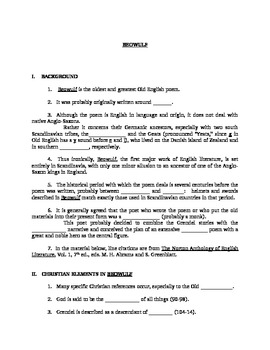
"Beowulf": A NEED-TO-KNOW Handout
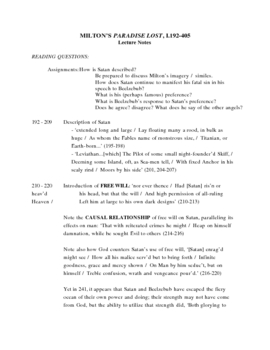
John Milton's Paradise Lost Notes for Book 1.192-405
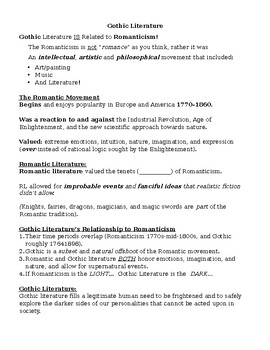
Gothic Literature Notes
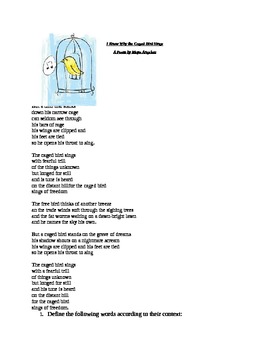
Quick Response To: I Know Why the Caged Bird Sings
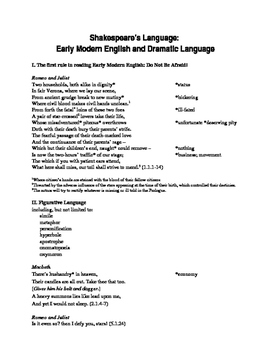
Shakespeare's Language
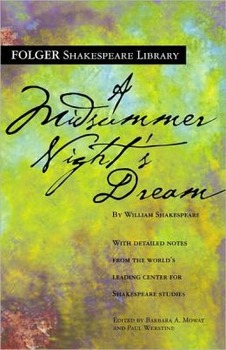
A Midsummer Night's Dream - Full Unit
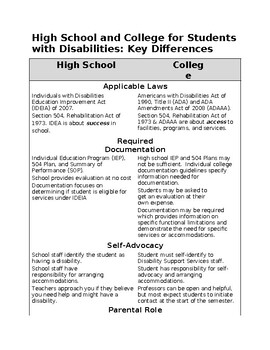
High School and College for Students with Disabilities:Key Differences(editable)
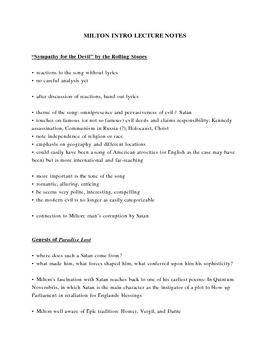
Intro to John Milton & Paradise Lost Lecture Notes
Find Poetry resources | TPT
Learn more about poetry resources
Poetry encourages students to engage with language, explore their thoughts and feelings, and connect with the broader human experience. If you’re a teacher or parent looking for printable and digital poetry resources, look no further. TPT has an extensive collection of resources, created by other teachers, that are designed to help with any need across grade levels.
If you want to make poets out of younger students in elementary grades, then acrostic poems or fill in the blank poems are the perfect place to start. (In fact, many poetry resources on TPT include templates so your students can easily get started producing their own poetry, whether it’s a haiku, or limerick.) For older students in middle and high school, you can find an array of resources to teach them about everything from iambic pentameter, figurative language, to famous poets from history. With plenty of TPT resources at your fingertips, you can sharpen your students’ poetry skills in no time.
Fun and engaging poetry activities to try
Teaching students about poetry can be an engaging and creative experience. Here are a few ideas for poetry activities that you can find on TPT to help you introduce and explore the world of poetry with your students:
Poetic Device Scavenger Hunt
Distribute some poems and have students identify and highlight poetic devices like similes, metaphors, alliteration, onomatopoeia, and imagery. Discuss what these are and the overall impact on the reader's experience.
Poetry Analysis Jigsaw
Divide students into small groups, assigning each group a different poem. Have each group analyze the assigned poem's themes, tone, and literary devices, and present their findings to the class.
Poetry Slam or Performance
Organize a poetry slam where students can perform poems they’ve written themselves or those written by famous poets. This will help build confidence and strengthen their public speaking skills.
Writing Poetry from Different Perspectives
Ask students to write a poem from the perspective of an inanimate object or an animal to foster empathy and encourage creative, out-of-the-box thinking.
Creating Found Poetry
Provide magazines, newspapers, or online articles. Have students cut out interesting words and phrases, and use them to create their own unique poems.
These (and other!) activities can help deepen your students’ appreciation for poetry and enhance their creative writing skills.
Frequently asked questions about teaching poetry
What types of poetry resources are available on TPT?
There are many different types of poetry resources sold by Sellers on TPT. Some popular poetry lessons include learning how to write haikus, acrostic poems, limericks, and free verse.
How do I find poetry resources on TPT?
Educators can save time preparing poetry lessons with resources created by experienced teachers. Simply start a search for poetry resources on the TPT marketplace, and filter by grade level, price, and/or resource type to find materials that've been proven to work in classrooms like yours. No matter what you’re teaching, there are plenty of poetry lessons and activities sold by Sellers on TPT that are tailored to meet your students' skill levels.

